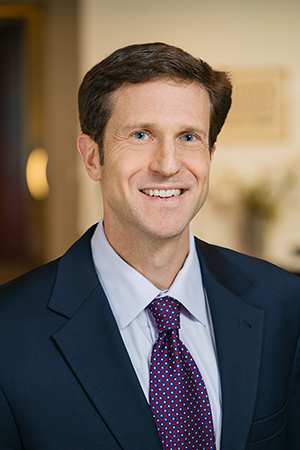A computer maker knows that its laptops will break after a few months because of a manufacturing problem, but sells them without disclosing the problem or its effects. Can people who bought the laptops in California recover under the doctrine of fraudulent concealment?
A coffee chain requires its workers to spend a few minutes closing out the register after their shifts are over, but fails to pay them for the extra time. Do the California workers have a state law claim for unpaid wages?
Although the first question involves consumer law and the second employment law, these state law questions have something in common: the answer to neither was clear when class actions raising them reached the Ninth Circuit Court of Appeals.
In the consumer case, the court construed lower federal decisions and an intermediate state court decision, holding that under California law, a manufacturer need not disclose a product defect that manifests after the express warranty period unless it poses a safety hazard. See Wilson v. Hewlett-Packard Co., 668 F.3d 1136, 1141‒43 (9th Cir. 2012).
Even though the California Supreme Court had never so held, the Ninth Circuit’s holding bound federal district courts in subsequent consumer class actions invoking California law. Confusion and disagreement ensued. But in the employment case, the Ninth Circuit certified the unsettled question to the California Supreme Court, which provided definitive guidance: the employer must pay for all time worked. See Troester v. Starbucks Corp., 680 F. App’x 511 (9th Cir. 2016), certified question answered, 421 P.3d 1114, 1120‒25 (Cal. 2018).
These contrasting approaches shed light on how best to maintain an efficient balance of federal and state power in our civil justice system. By expanding federal diversity jurisdiction, the Class Action Fairness Act of 2005 (CAFA) supplanted the prior regime in which state courts overwhelmingly controlled the development of substantive state laws often at issue in class actions. Under CAFA, the federal courts face pressure not only to preside over criminal matters and decide federal constitutional, statutory, and administrative questions but also to define the contours of state laws that govern the jostling marketplace for goods and services.
My new law review article, Cooperative Federalism in Class Actions, 86 Tenn. L. Rev. 1 (2019), argues that what happened in the Ninth Circuit’s employment case offers a good model for easing the burden on the federal judiciary and settling the expectations of courts and businesses. Faced with unclear or conflicting decisions—or an absence of meaningful guidance—on an outcome-determinative question of state law, a federal appeals court should take care not to take over the state’s authority to decide the question. In most “CAFA-nated” cases involving such an unsettled or novel question, instead of trying to predict how the state Supreme Court would rule, a federal appeals court should certify the question to the state court.
The overall clarity and comity from this approach outweigh the delay it may bring about in individual cases. Whether self-defining as “federalists” or “progressives,” jurists and legal scholars can agree that the sovereign states have an interest in controlling the meaning of their own laws framed to protect their citizens. State Supreme Court justices sit in larger panels and have unrivaled knowledge of their state’s statutes, policies, and common-law doctrines. While a state supreme court can always decline review if it finds a certified question insufficiently important or better left to further development, its pronouncements can save time and expense by preventing errant or inconsistent applications of state law.
With major class actions in state court dwindling, the cross-jurisdictional certification procedure analyzed in my article represents a countercurrent to the CAFA wave that can defend state sovereignty and allow state judges to control the development of state laws regulating the economy.
About the author:
Jordan Elias is a partner at Girard Sharp in San Francisco. He serves as vice-chair of BASF’s Attorney-Client Fee Disputes Program.





